Main Breath vs. Breathe Takeaways:
- Breathand breathe are not the same.
- Breath (without an “e” at the end) is a noun (a breath).
- Use breath to describe one cycle of breathing.
- For example, a breath is the air that you take in when you inhale as well as the air that comes out when you exhale (I could see my breath while we played in the snow).
- Easily make breath plural by adding an “s” (breath >> breaths)
- Breathe (with an “e” at the end) is a verb (to breathe).
- Use breathe to describe the act of inhaling or exhaling air.
People often confuse breath with breathe or vice versa. But, what is the right word to use? In this post, we’ll discuss what’s the difference between breath vs. breathe and how to use each word correctly.
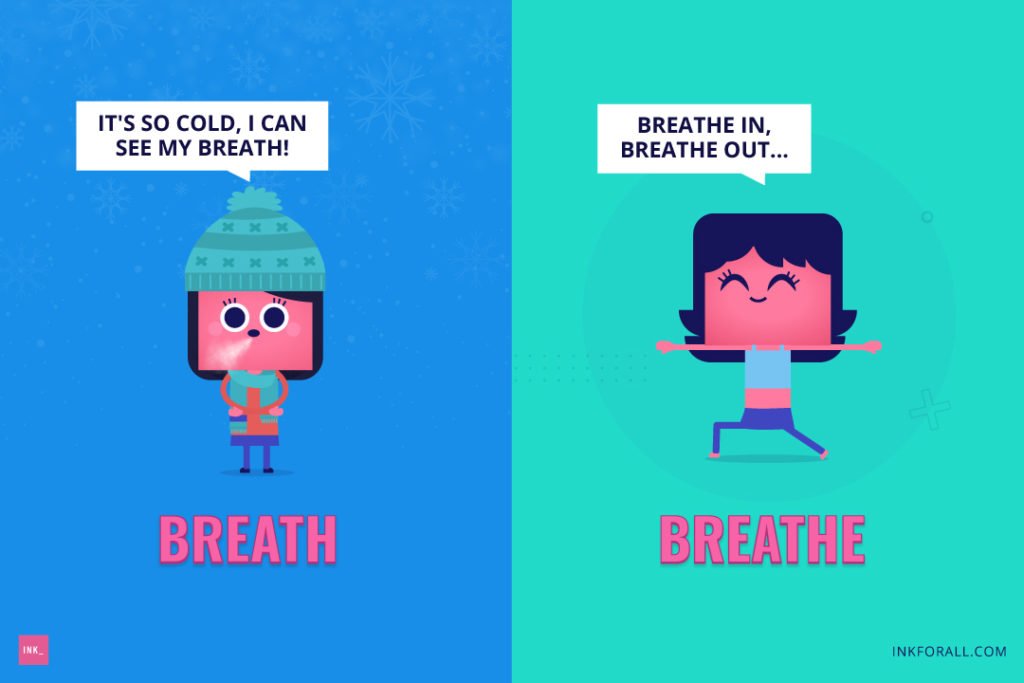

What is the Difference Between Breath and Breathe?
The main difference between breath and breath is that breath (no “e” at the end) is noun while breathe (with an “e” at the end) is a verb. On one hand, breath is thing (How long can you hold your breath?). It describes the air that you inhale or exhale. Additionally, it can describe one full cycle of breathing (inhale, then exhale). On the other hand, breathe is an action (Don’t forget to breathe!). It describes the act of pulling air into your lungs, pushing it out, or both. Another difference is how we pronounce these. For example, the breath has a short “e” sound (like wet) compared to the verb breathe’s long “e” sound (like seethe).
- Remember that one is a noun (breath) and one is a verb (breathe).
- Associate the “e” in “verb” with the extra “e” at the end of the verb breathe.
- Confirm that word “noun” doesn’t have an “e.” In the same way, the noun breath doesn’t have an “e” at the end.
Is Breath a Homograph?
No, breath is not a homograph. The word “homograph” originates from the Greek words homós (same) and gráphō (write). It refers to a word that shares the same written form as another word but has a different meaning. For example, “present” describes the current moment. However, it can also refer to a gift that you give someone.
While “breathe” and “breath” may look the same at first glance, there’s no “e” at the end of the noun breath. As a result, we can’t describe breath and breathe as homographs.
Then, there’s a slight difference in pronunciation.
“Breath” ends with a voiceless “th.” Also, the vowel in the noun is “eh,” the same as the vowel in “pet”. On the other hand, the verb “breathe” has the vowel sound “ee” as in “seethe.” Also, the consonant sound changes to the voiced “th.”
What is a Synonym for Breath?
Some similar words to breath are inhalation, exhalation, pant, gasp, respiration, wheeze, gulp, snuffle, snort, sniff, and lungful. Others include:
- Expiration
- Gulp of air
- Intake of breath
- Blowing out
- Snort
Note that usage of these synonyms may vary depending on the context.
What Does the Word Breathe Mean?
The word breathe means the act of pulling oxygen and air into the lungs (to inhale) and then pushing gaseous waste like carbon dioxide and water vapor out of the lungs (to exhale). Essentially, the word breathe is a verb we use to describe the act of breathing. Synonym for breathe include respire, inhale, and exhale. In this way, breathe can describe one part of the breathing cycle or the entire cycle. What’s more, some may also use this word to suggest that someone relax or take a pause for reflection.
In short, breathe describes the process of breathing. When you breathe, you inhale or exhale air from your lungs.
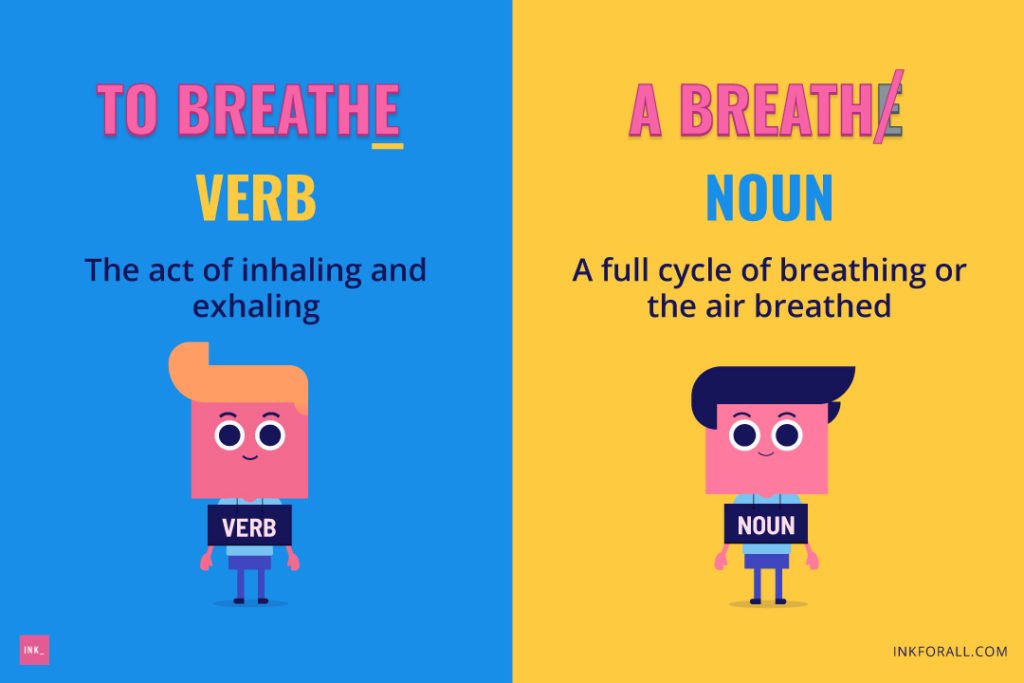

How to Pronounce Breath vs. Breathe?
Breath has a short ‘e,’ but breathe has a long ‘e’ like the one found in breathing. The middle of breath makes an ‘eh’ sound, like elephant or elevator (breth).The middle of breathe makes an ‘ee’ sound, like tree or peel (breeth). If you see an ‘e’ at the end, that’s a clue to pronounce the word with a long ‘e’ in the middle — breeth.
- Breath pronunciation:breth (should sound similar to the word left)
- Breathe pronunciation:breeth (should sound similar to the word tree or rhyme perfectly with seethe)
Does Breath Have an “E” at the end?
The verb to breathe does have an “e” at the end. On the other hand, the noun breath does not have an “e” at the end. In this way, you can remember the difference between breath vs. breathe by remembering that one is a noun and one is a verb. Associate the “e” in breathe with the “e” in verb. Similarly, just like breath, the word noun doesn’t have an “e.”
What is the Plural for Breath?
The plural of the noun breath is breaths. Simply add an “s” at the end to describe more than one breath of air.
How do you Spell Breathe in Past Tense?
Spell breathe in past tense as breathed (B-R-E-A-T-H-E-D). You can make the verb breathe past tense simply by adding a “d” at the end of the word.
How do you use Breath and Breathe in a Sentence?
Here are examples of how to use breath and breathe in a sentence:
How do you use Breath in a Sentence?
Here are examples of how to use breath in a sentence:
How do you use Breathe in a Sentence?
Here are examples of how to use the verb breathe in a sentence:
What Does Have a Breath Mean?
The phrases “have a breath” (UK English) or “take a breath” (US English) are idioms that means to pause. In this way, breath usually refers to a relatively short pause for rest or reflection. For example, if you’ve been awake since 5 a.m. running errands non-stop, you might say, “I haven’t even had time to take a breath” or “to breathe.” Or, maybe a colleague is extremely stressed about an upcoming presentation. You might say, “Just have a breathe. Everything will be fine!”
Breath vs. Breathe Idioms
These two words appear in numerous sayings and idioms. This is no surprise since breathing is a core part of virtually all life forms and survival. Here are comprehensive lists of the best breathe and br
List of Breath Idioms:
- all in one breath
- be wasting breath
- breath of fresh air
- breath of life
- breath of wind
- catch my breath
- curse under breath
- draw last breath
- draw your breath
- gasp for breath
- get a second breath
- hold your breath
- in one breath
- in the same breath
- keep your breath
- out of breath
- save your breath
- take a breath
- take my breath away
- under your breath
- waste your breath
- with bated breath
- with every breath
List of Breathe Idioms:
- able to breathe
- breathe a sigh of relief
- breathe again
- breathe down someone’s neck
- breathe easily
- breathe easy
- breathe fire
- breathe freely
- breathe into something
- breathe last
- breathe last breath
- breathe life into
- breathe on
- breathe upon something/someone
- breathe your last
- hardly have time to breathe
- live and breathe
- no time to breathe
- not breathe a word
- won’t breathe a word
Do you Breathe or Breath? Let’s put Your Knowledge to the Test
Breath vs. Breathe Question #1
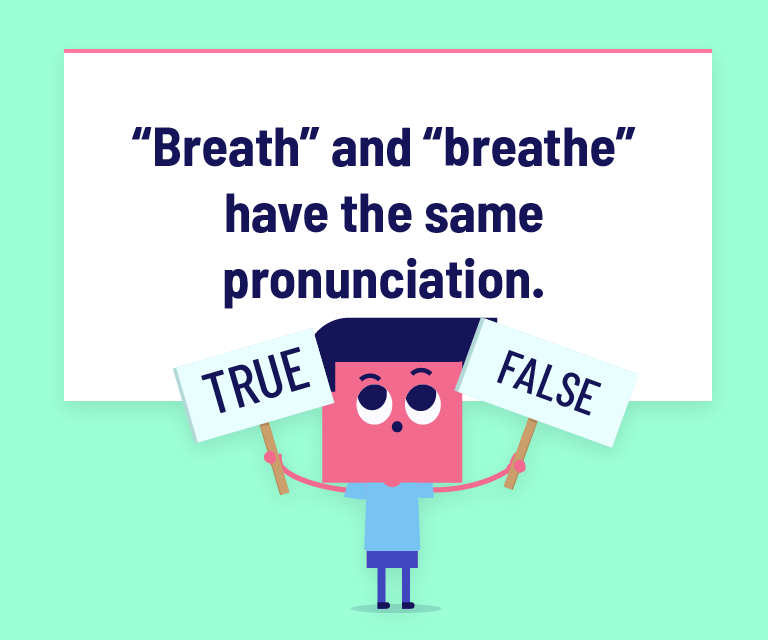

The answer is FALSE. Although breath and breathe have similar meanings, they are pronounced differently.
Breathe Question #2
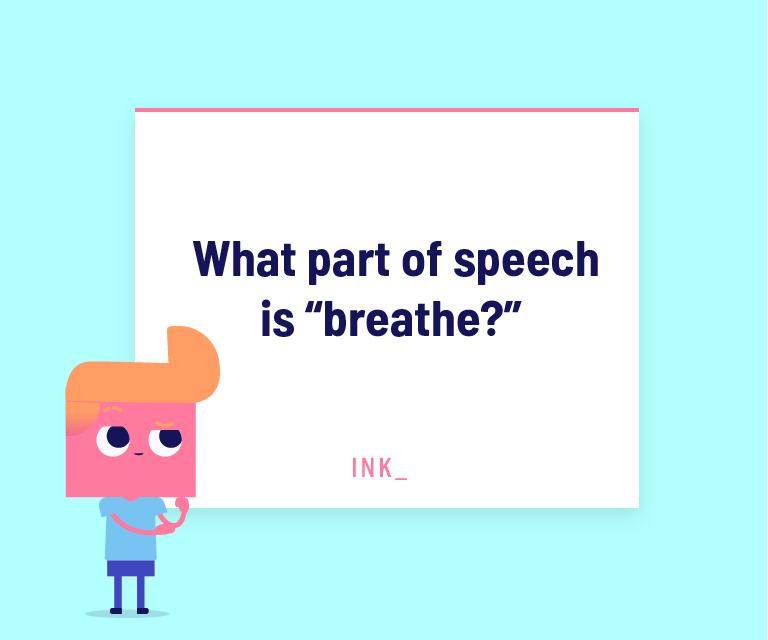

The answer is C. “Breathe” is a verb that describes the act of inhaling or exhaling air.
Breath Question #3
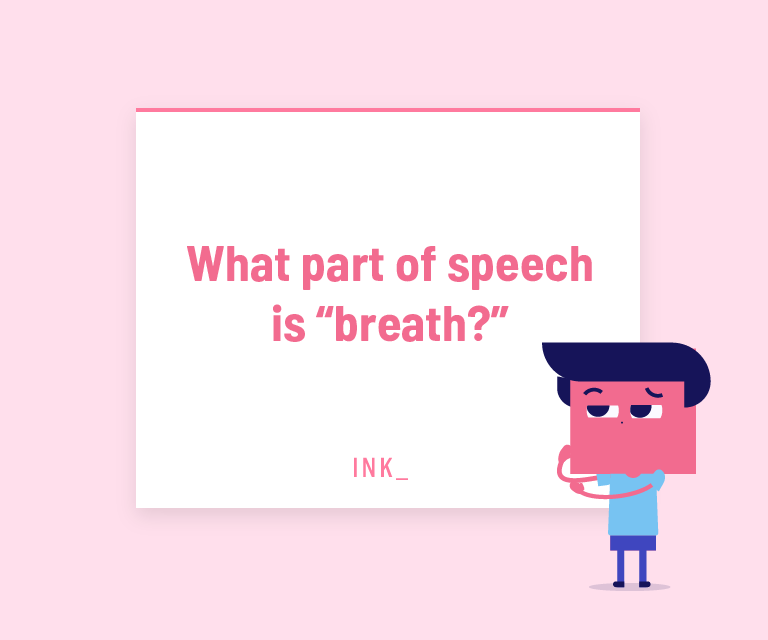

The answer is A. “Breath” is a noun that describes an inhalation or exhalation of air.
Breath or Breathe Question #4
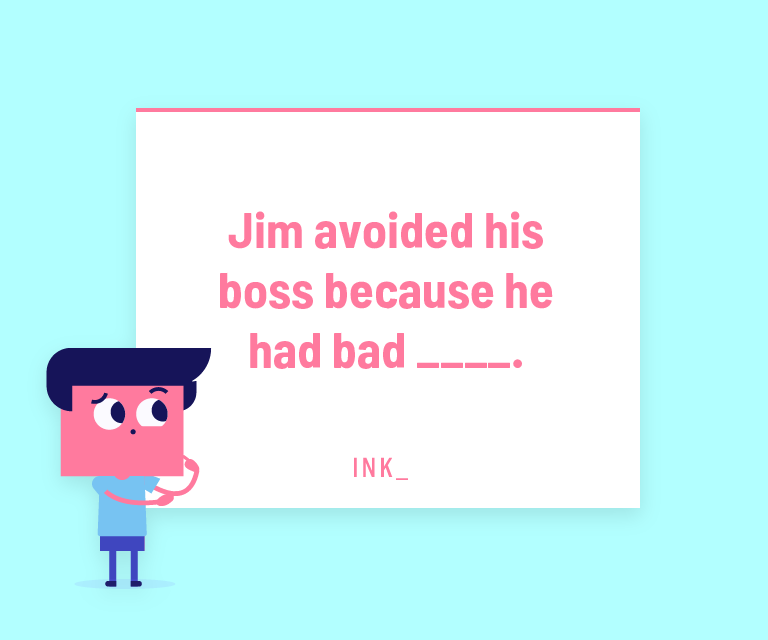

The answer is A. “Breath” describes the result of breathing rather than the act of breathing.
Breathe or Breath Question #5
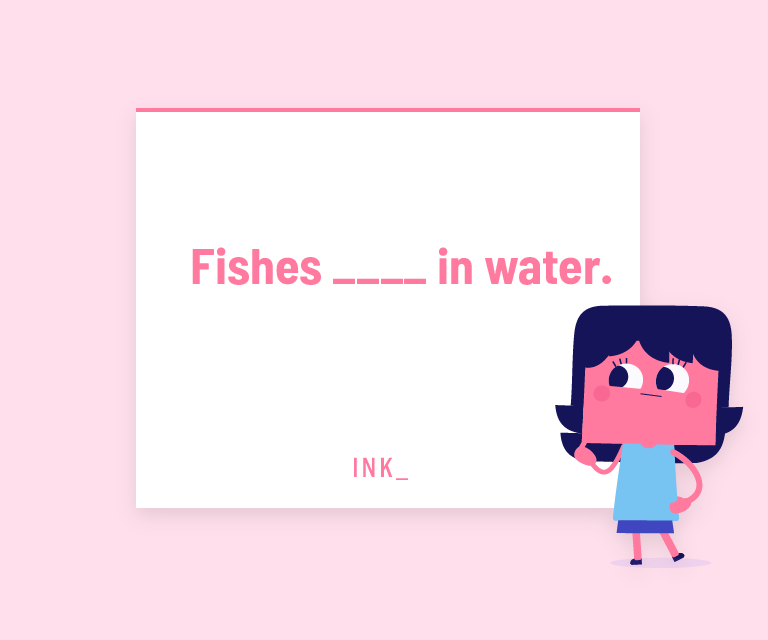

The answer is B. “Breathe” describes an action rather than a thing.


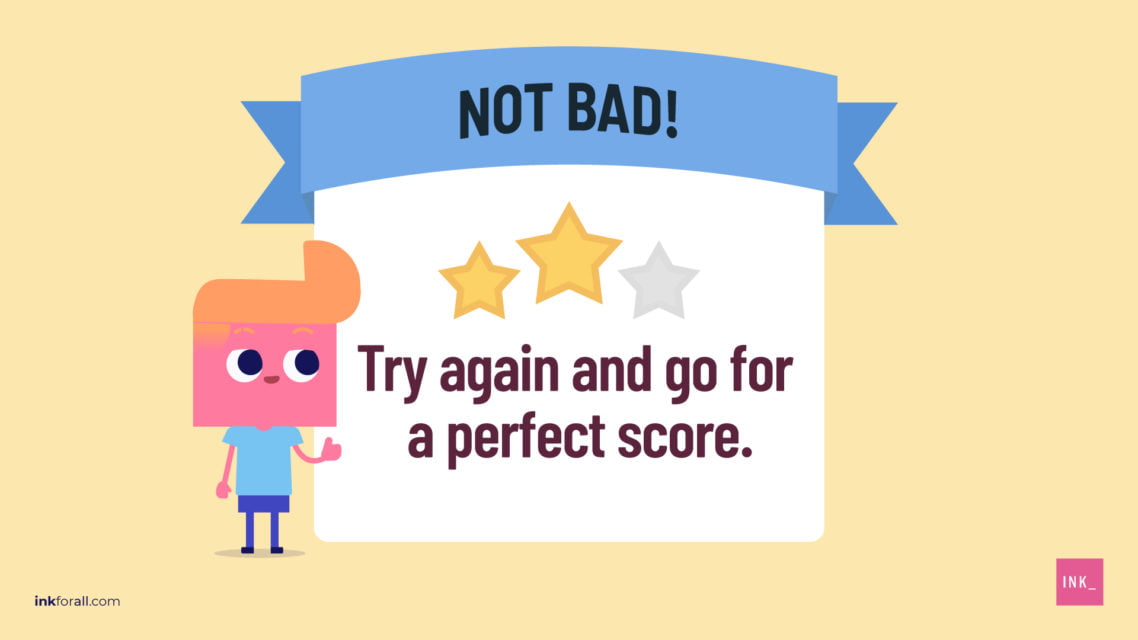

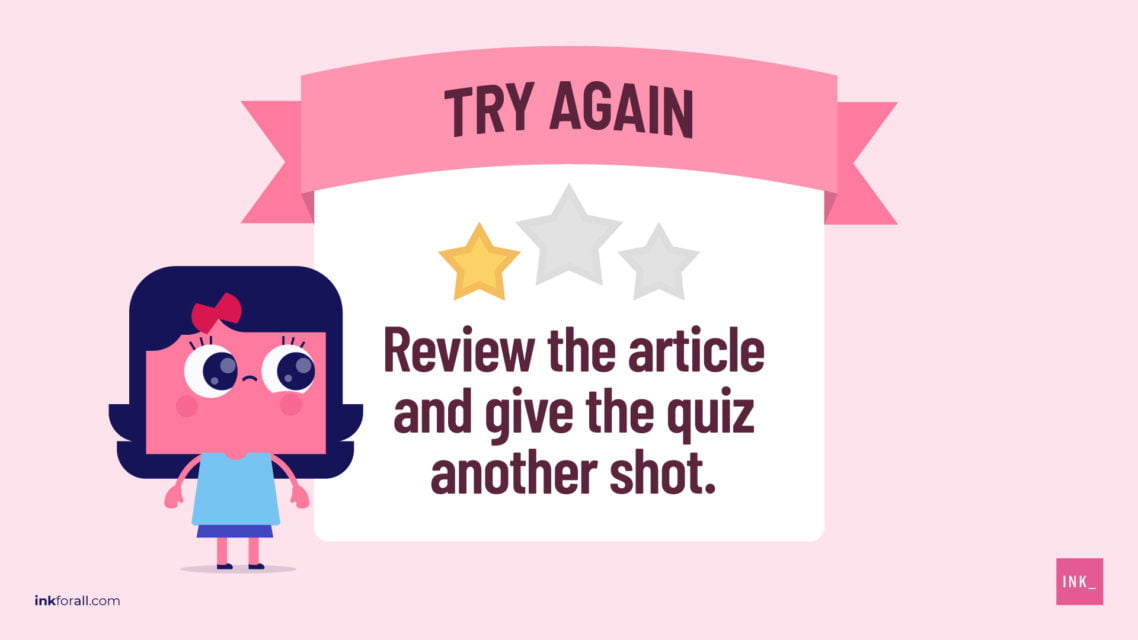


hhyyyy
Hey, Amal! Thanks for your comment and for reading our article. How did you score on the quiz? Cheers!